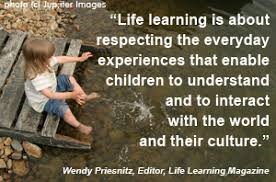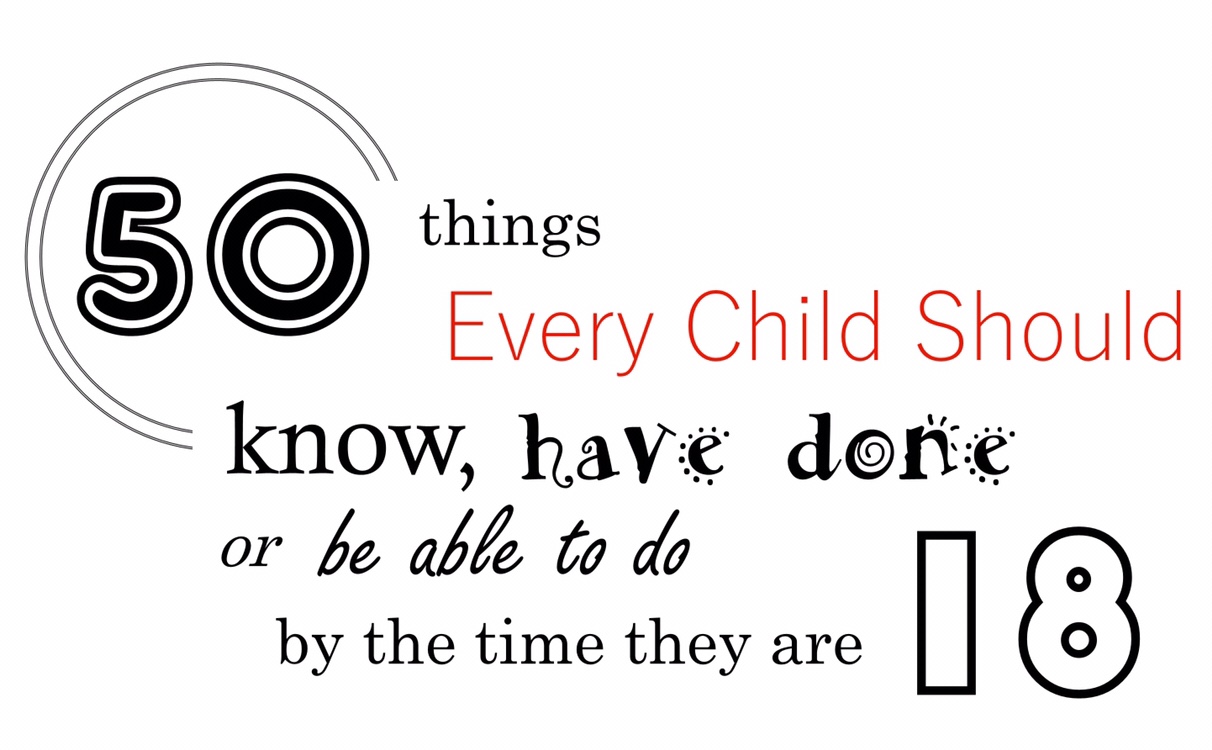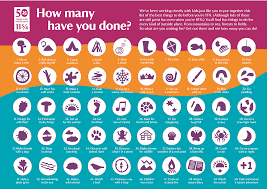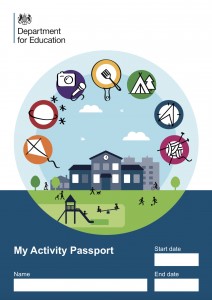Home Learning at Greenford
Homework at Greenford
Welcome to our homework page. Here you will find information about the sort of homework that is expected each week from your child.
What homework and when?
As you might expect, as pupils progress through the school, the level of homework will increase gradually. From reading to spelling to times tables, the expectations alter with each year group.
As a rough guide, the table below gives examples of likely homework for each year group. Please note: this list is not exhaustive and your child’s teacher will adapt the homework according to the needs of the pupils and changes to the National Curriculum.
|
Year Group |
Frequency & Type of Homework |
||
|
Daily |
Weekly |
Termly |
|
|
Reception |
RWI Reading & Phonics |
|
Learning Enquiry Activities: Learning linked to History , Geography or Science Enquiries |
|
Year 1
|
Reading |
Phonics |
|
|
Year 2 |
Spelling and / or Grammar Maths |
||
|
Year 3 |
Spelling and / or Grammar Maths / TTRS |
||
|
Year 4 |
Spelling and / or Grammar Maths / TTRS |
||
|
Year 5 |
Spelling and / or Grammar Maths / TTRS |
||
|
Year 6 |
CGP Books – Maths/ SPAG/Reading |
||
- The quantity of work given in each subject will build progressively across the school.
- The level of challenge and support will be adapted to meet the levels that children are working at.
- All children in Years 1-5 will have a Homework Book for paper based learning activities or to display information / instructions to work from.
- In addition to paper based learning activities, children may be set, as an alternative, a piece of on-line learning through our on-line learning platform: Planpanion
- The children will all be shown how to access this website and will be given Log-in details – further information to support parents with accessing this site will be given separately.
What is the purpose of homework?
Schools provide homework for a variety of reasons. At Greenford School, we believe that regular opportunities to undertake homework can benefit our pupils for the following reasons:
- It further demonstrates that learning can be fun
- It consolidates the skills we have taught in class
- It allows pupils to explore areas of interest within a topic, encouraging independent study
- It gives parents an insight into the learning that is taking place in class
- It encourages partnerships between parents and teachers
- It prepares pupils for secondary school – both in terms of workload and organisation
How to take the work out of homework
We are aware that, for many families, organising homework (such as weekly English and Maths activities) can feel like an extra chore, which inevitably defeats the main purpose: to demonstrate that learning can be fun! We want our parents to feel as confident as our pupils about what is expected for each class. With this in mind, we have put together some pointers for parents:
- Please don’t feel ‘burdened’ by homework! By the time they are in Key Stage 2 (Yr.3), pupils confidently adopt classroom routines and take on greater responsibility. Our teachers are promoting independence for this year group, but they will still remind students about school trips, parent letters, reading books and homework.
- Pupils know what to do if they get stuck. Part of the classroom discussion about homework includes strategies for overcoming common problems. For example: ‘Who should you see if you are stuck?’ The Teacher. ‘When should you see the teacher?’ Before the day it’s due in!
- Pupils succeed when it’s fresh in their minds. As you might expect, most children find homework more manageable if they attempt it as soon as it is set, rather than waiting until the night before it is due to be handed in.
- Helping a little helps a lot! We are delighted to have such supportive parents, who find the time to share in their children’s school activities. We’d like to thank you for your input and reassure you that there is no such thing as getting it wrong!
- Greenford teachers are very friendly. We hope that this page will help to alleviate any worries about homework expectations, but if you have a concern that has not been addressed, please make an appointment to see our lovely staff.
- Help is out there. For parents of older children, you may find that it’s a struggle to develop a homework routine that is manageable; you might even dread it! As a school, we don’t endorse any specific websites, but you may find articles, such as the ones below useful:
Schoolrun Homework Support and Advice
Third Space Learning - Advice for Parents to support Homework
Parentkind - Supporting Learning at Home
Marking homework
At Greenford, we value and reward genuine effort, rather than test scores alone. Where we see that pupils have challenged themselves to extend their learning at home, we will reward their effort with Dojo points. Sometimes pictures of homework are shared on the website or Class Dojo. Spellings and times tables are tested and marked – as is most Maths and English – however, we do not give written feedback for all homework. Instead, it may be part of a class discussion, during which pupils are given verbal feedback. The format of marking is consistent with our marking policy.
Needless to say, we like to recognise and celebrate hard work and effort!

Learning beyond the Classroom

Learning is a journey that travels far beyond the classroom and the world is full of opportunities to engage in new and fun experiences. Alongside the enrichment that we offer in school, there are lots of lovely activities that children can engage in at home with their family and friends. Below is the link to a Department for Education produced document, which suggests a wide range of fun activities for children to try at each stage of their development.
Many activities are easily accessible and free to do….so have a look and see what you can add to your list of adventures!

Every Child Should has been leading a conversation on what every child should know, have done, or be able to do by the time they are 18.

Get your kids closer to nature with ‘50 things to do before you’re 11¾’. There’s plenty of outdoor activities to do all year round, from watching the sunset to creating some wild art. Many can be done at home and in your garden.
50 Things to do before you're 11 3/4
 Greenford
Greenford 




